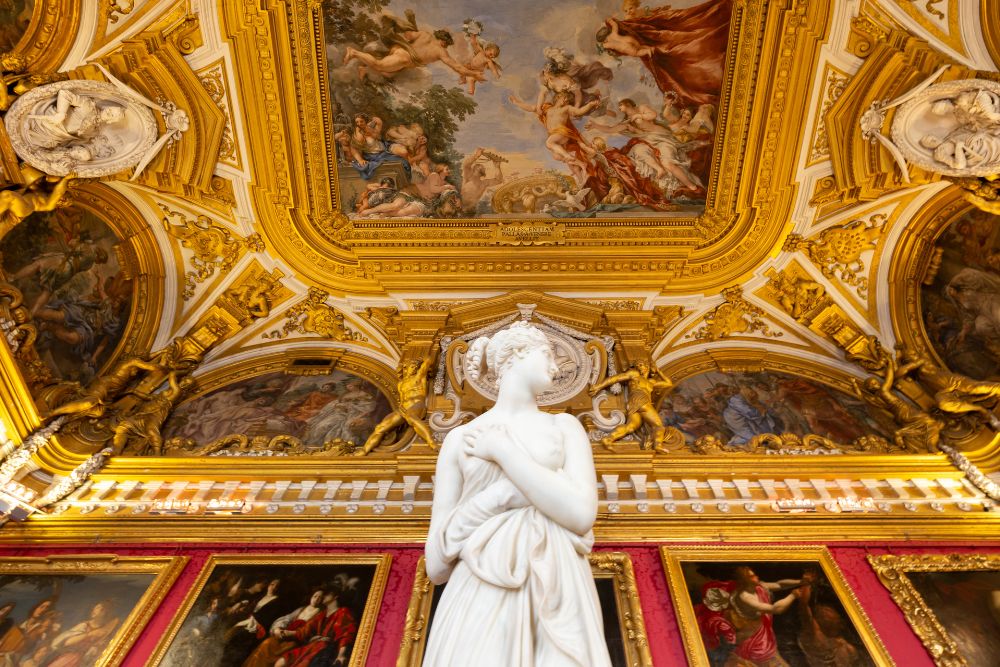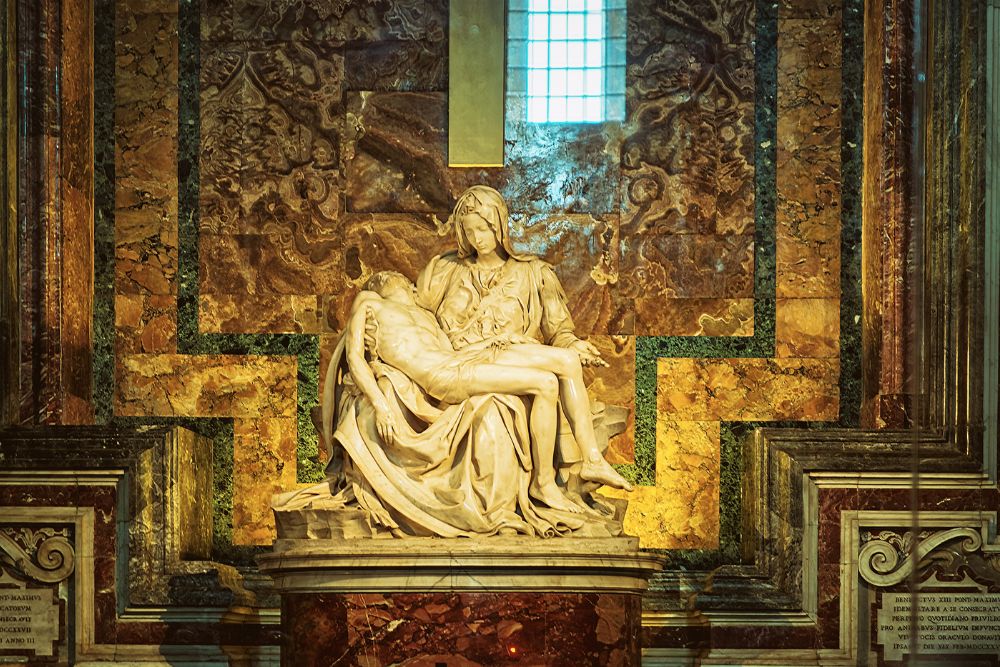
Il Postino
Il Postino, also known as The Postman, is one of the most moving and poetic films ever created in Italian cinema. Released in 1994, it captivated global audiences through its delicate storytelling, emotional depth and exploration of the human spirit. It was not only a triumph of film artistry but also a work that opened the hearts of viewers to the power of poetry and the universality of love.
The film became an international success despite its modest origins, reaching far beyond Italy to resonate with audiences in Europe, the Americas and Asia. It is remembered not only for its emotional narrative but also for its enduring cultural impact, serving as a bridge between literature, film and the timeless longing for human connection.
The story of il postino
The film tells the story of Mario Ruoppolo, a humble fisherman who finds himself working as a postman on a small Italian island. His main duty is delivering mail to the exiled Chilean poet Pablo Neruda, who has sought refuge there. Although Mario is initially intimidated by Neruda, he soon becomes fascinated with poetry and the ways it can give voice to feelings that otherwise remain unspoken.
Through his encounters with Neruda, Mario learns not only about the structure of poetry but also about the beauty of metaphor and the ability of language to transform reality. This knowledge empowers Mario in his pursuit of Beatrice, the woman he loves, showing how art and passion can intertwine to change an ordinary life into something extraordinary.
The role of poetry
Poetry lies at the heart of Il Postino, not simply as a decorative element but as a transformative force. The dialogue between Mario and Neruda demonstrates how words can awaken desire, express longing and even inspire social and political awareness. For Mario, poetry becomes more than an art form, it is a new language through which he learns to interpret the world and his emotions.
In one of the most memorable themes of the film, poetry is portrayed as a form of connection between people who may differ in culture, education or experience. Neruda shares with Mario a world of expression that transcends class barriers, allowing him to articulate his deepest dreams and feelings. This universality is part of why the film continues to resonate across cultures.
Massimo troisi and his legacy
Il Postino is inseparable from the legacy of Massimo Troisi, who co-directed the film and played the role of Mario. Troisi was already a celebrated Italian actor and comedian, known for his sensitive and understated style. His performance in Il Postino is one of quiet intensity, marked by a naturalism that draws the viewer into Mario’s world with tenderness and authenticity.
Tragically, Troisi was gravely ill during the production and passed away the day after filming was completed. This fact gives the film a profound poignancy, as it became both his greatest artistic achievement and his final farewell. His performance continues to be celebrated as one of the most moving in world cinema, ensuring his enduring place in cultural history.
The universal themes of the film
Il Postino addresses themes that are timeless and borderless, such as love, friendship, social justice and the need for personal expression. These are not confined to the Italian setting of the story, they resonate across different societies and historical moments. The relationship between Mario and Neruda symbolizes how knowledge and art can be shared between generations and cultures.
The love story between Mario and Beatrice also provides a universal narrative of how passion can inspire courage and personal transformation. Combined with the poetic backdrop, it is a reminder of how art and love together can bring meaning and strength even to the most modest of lives.
Cinematic style and atmosphere
The film is visually captivating, with its picturesque Mediterranean island setting that reflects the warmth and simplicity of village life. The cinematography enhances the intimate atmosphere, focusing on the sea, the sun and the rustic beauty of everyday surroundings. This environment provides the ideal stage for a story where poetry becomes an essential part of daily existence.
Sound and music also play a vital role, with the score adding a lyrical quality that blends seamlessly with the story. The balance between dialogue, silence and melody mirrors the rhythm of poetry itself, reinforcing the film’s overall theme of art and emotion in harmony.
Awards and international recognition
Il Postino received worldwide acclaim and was nominated for multiple Academy Awards, including Best Picture, Best Actor for Troisi and Best Director. The film ultimately won the Oscar for Best Original Score, but its true victory lay in the profound emotional connection it forged with audiences across the world. It became one of the highest-grossing foreign language films of its time, demonstrating the universal appeal of its themes.
Critical reception emphasized the delicate balance between simplicity and depth, praising how the film avoided extravagance while delivering powerful emotional impact. Its success paved the way for renewed international interest in Italian cinema, highlighting the enduring artistry of the nation’s filmmakers.
Enduring cultural impact
Decades after its release, Il Postino continues to be taught in film studies, literature classes and cultural discussions worldwide. It is frequently cited as an example of how cinema can merge with poetry and philosophy to create an unforgettable experience. Its message about the transformative power of art is as relevant today as it was at the time of its premiere.
For many viewers, Il Postino represents a reminder that beauty can be found in simplicity and that human relationships can be deepened through words and imagination. It remains a cultural treasure, carrying forward the voices of both Troisi and Neruda into future generations of film lovers and thinkers.
Conclusion
Il Postino endures as a timeless masterpiece, uniting literature, film and emotion into a story that transcends borders. It is not just a love story or a tale about poetry, it is a meditation on the human condition and the ways we seek to connect with one another through art and language. Its significance in cinema remains profound and undiminished.
For anyone seeking to understand the enduring appeal of Italian cinema and the universal language of poetry, Il Postino offers an unforgettable journey. It stands as a testament to the beauty of expression, the importance of friendship and the lasting influence of both love and art on human life.







